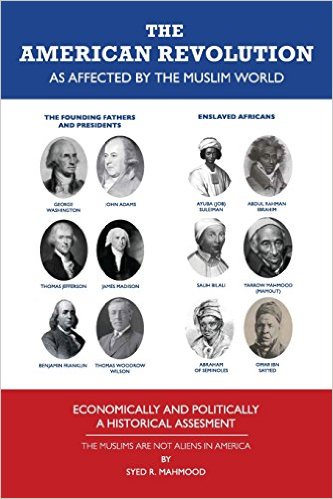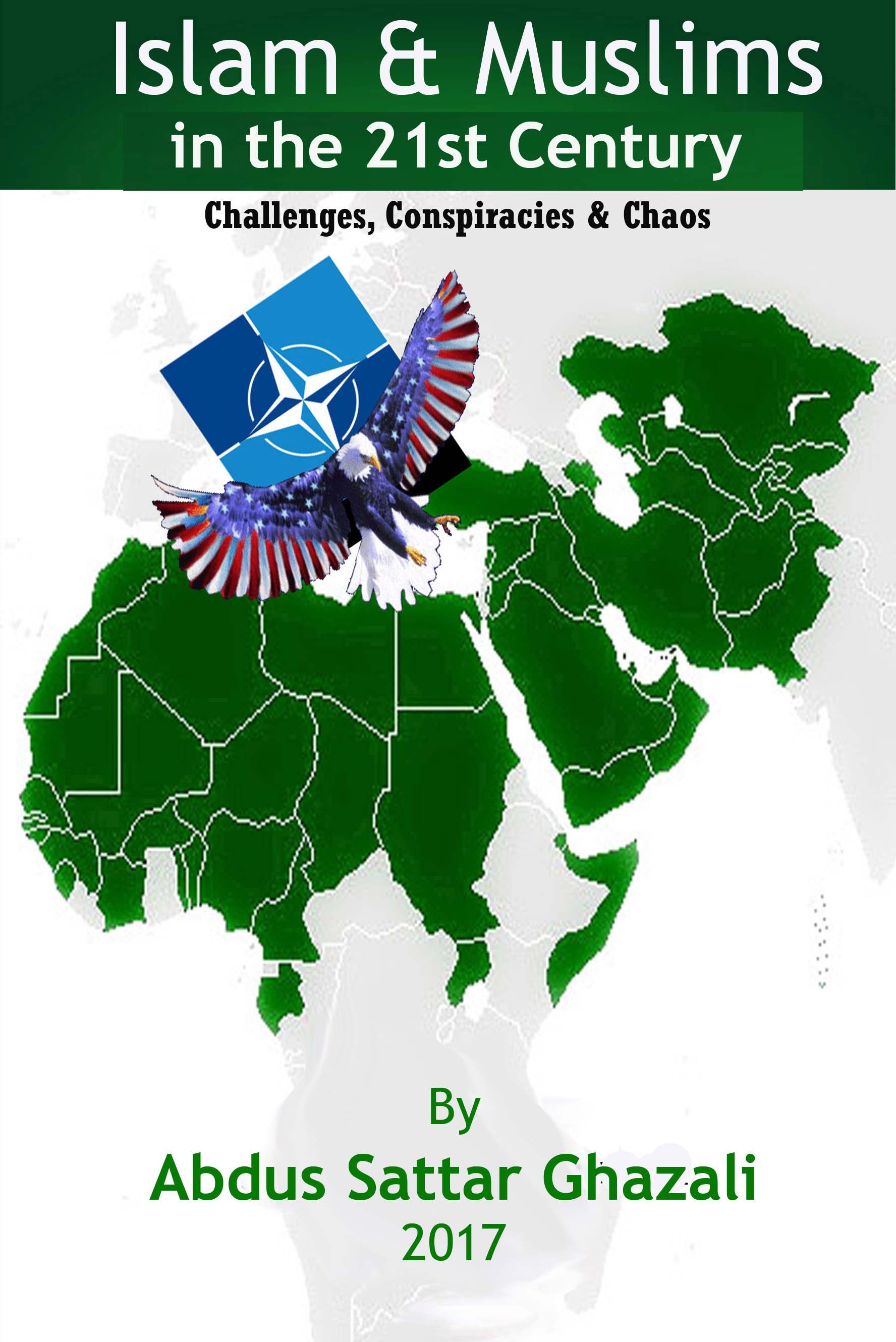October 9, 2020
Armenia and Azerbaijan agree to ceasefire: Russian Foreign Minister
By Abdus Sattar Ghazali
Armenia and Azerbaijan Friday agreed to a ceasefire to exchange prisoners and bodies of those killed in the fighting between Azeri and Armenian forces over disputed Nagorno-Karabakh, Russian Foreign Minister Sergei Lavrov announced after marathon talks in Moscow.
After 10 hours of talks with his Armenian and Azeri Foreign Ministers, Sergei Lavrov, announced that the ceasefire will begin on Saturday at 3 a.m.(midnight GMT). He added that International Red Cross Committee would act as an intermediary in the humanitarian operation.
Lavrov also said Armenia and Azerbaijan agreed to start talks on the settlement of the conflict. He did not provide details on the talks but said the Organization for Security and Co-operation in Europe's (OSCE) Minsk Group would mediate.
Armenian Foreign Minister Zohrab Mnatsakanyan and his Azeri counterpart Jeyhun Bayramov did not speak to reporters, Reuters said.
Reuters quoted Russia’s RIA news agency as reporting, Azerbaijan’s president Ilham Aliyev said on Friday that principles to settle the Nagorno-Karabakh conflict, which had been put forward by the United States, Russia and France, should form the basis for a settlement.
France, Russia and the United States, co-chair of the Minsk Group, launched a peace drive at a meeting in Geneva on Thursday. The details of the initiative have not been made public.
The fighting continued on Friday even as the Azerbaijani, Armenian and Russian foreign ministers held the talks in Moscow.
Azerbaijan said on Friday that 31 Azeri civilians had been killed and 168 wounded since Sept. 27. It has not disclosed information about military casualties.
Nagorno-Karabakh said 376 of its military personnel and 22 civilians had been killed since the beginning of the conflict.
The Minsk Group
The Minsk trio has chosen a position that clearly defends Armenia’s ongoing occupation, contrary to their own principles. Thus, while the Minsk Group has made no contribution to Armenia on the ground, it has also reduced itself to an unacceptable interlocutor for Azerbaijan at the table, the Turkish daily Sabah said Friday.
For 27 years, neither the U.N. nor the Minsk Group – founded by the Organization for Security and Co-operation in Europe (OSCE) and co-chaired by France, Russia and the United States – have been able to produce any solution to end the occupation by Armenia, Al Sabah said adding: For this reason, the international community's call for an end to the conflict is neither fair nor productive. The calls should be aimed at ensuring that Armenia leaves the occupied territories. Indeed, as Russian President Vladimir Putin said, “conflicts are not taking place on Armenian territory.”
Meanwhile, President Recep Tayyip Erdoğan was quoted as saying: "The international community, which has failed to give a necessary and sufficient response to the provocative aggression of Armenia, once again shows its double standards. The Minsk trio, which has maintained its negligent attitude for about 30 years, unfortunately, is very far from being solution-oriented." He pointed out the need for a different diplomatic dynamic in order to resolve the issue.
Without the U.S., there will be no peace between Armenia and Azerbaijan
The United States should be playing a leading role in negotiations to end the conflict. So far, unfortunately, it is leaving the initiative to others, Jason Rezaian, wrote in the Washington Post Friday.
Jason Rezaian, an Iranian-American journalist who served as Tehran bureau chief for The Washington Post, went on to say: The constellation of foreign powers hovering around the conflict does not bode well for the people of Armenia or Azerbaijan, nor for the stability of the region. Even more disconcerting is the apparent unwillingness of the United States to play an active role in diplomacy around the issue, which it is meant to spearhead along with France and Russia. In such a volatile part of the world, maintaining peace and limiting the footprint of those local powers should be a strategic priority of the United States. But so far the Trump administration has restricted itself to a few pro forma statements.
Without U.S. diplomatic leadership, it’s difficult to imagine a lasting peace, as none of the regional powers that wield any influence — Turkey, Israel, Russia and potentially Iran — can credibly claim neutrality, Rezaian said adding: “Turkey and Israel provide advanced weaponry, including drones, along with strategic support to Azerbaijan. Russia supports Armenia because it has a military base within its borders. Iran has deep and complicated ties going back centuries with both countries.”
With its advantage in number of potential fighters, access to better military technology and more purchasing power of Azerbaijan than Armenia, it sees calls for a cease-fire as inherently favoring Armenia, Rezaian argued.
Russia has security obligations to Armenia, not Nagorno-Karabakh: Putin
By Abdus Sattar Ghazali
In a major setback to Armenia in fight over Nagorno-Karaback, Russian President Vladimir Putin and Kremllin said Wednesday that the Armenia-Azerbaijan military conflict was not taking place in the Armenian lands.
Russia may stand up for Armenia under its Collective Security Treaty obligations, but these obligations do not cover the unrecognized republic of Nagorno-Karabakh, Kremlin Spokesman Dmitry Peskov told journalists Wednesday.
"The obligations on security are as follows: if a CSTO member nation is subjected to aggression, an attack from outside, then the Treaty signatory nations have to protect this nation," Tass news agency quoted the spokesman as saying.
When asked in what case Russia would be ready to send its military to the Nagorno-Karabakh conflict area, Peskov underscored that "this is rooted in the obligations" under the CSTO.
"In this case, we are talking about Armenia; [Russian President Vladimir Putin] has made it perfectly clear and he differentiated between these two issues: the CSTO obligations do not cover Karabakh," the spokesman said.
Tass also quoted Russian President Vladimir Putin as saying that the Armenian authorities raised no question regarding Russia’s compliance with the CSTO obligations. Putin recalled that Russia has obligations before Armenia - a CSTO member state - and noted that the hostilities do not take place on Armenian territory.
The CSTO is an international security organization, comprising six signatories: Armenia, Belarus, Kazakhstan, Kyrgyzstan, Russia and Tajikistan. The CSTO aims to counter threats to security and stability and to protect territorial integrity and sovereignty of member states without meddling in their internal affairs.
Dispute over Karabakh must not spill over: Aliyev
The conflict in Nagorno-Karabakh must not be allowed to spill over the boundaries of Armenia and Azerbaijan, Azerbaijan’s President Ilkham Aliyev said in an interview on Russian television Wednesday.
He stressed that the conflict had not yet spread beyond the territory of Armenia. "Even despite artillery bombardments from the Armenian territory we do not make any strikes against Armenia. Nor do we venture into Armenian territory, although we have the capabilities for this," Aliyev said.
He pointed out that Armenia was trying to involve European countries and the Collective Security Treaty Organization (CSTO) into the Karabakh dispute.
"The Armenian side is trying to internationalize this conflict. We argue that such an attitude is impermissible," he said.
French Armenians in Nagorno-Karabakh to fight Azerbaijan
Scores of Armenians living in France have arrived in the illegally occupied Azerbaijani territory of Nagorno-Karabakh to fight alongside Yerevan forces, French media reported Wednesday.
"Armenians from France are starting to arrive in Armenia to fight the Azerbaijani army on the Nagorno-Karabakh front," Georges Malbrunot, a senior reporter of French newspaper Le Figaro said in a tweet.
"An AFP dispatch dated from Yerevan recounts the journey of one of them, who came from Strasbourg," he said, citing a reporter of the French news agency Agence France-Presse (AFP).
Meanwhile, France 24 recounted another mercenary’s journey to the Caucasus to fight for the illegal cause.
"Vardan, an Armenian builder living in western France, flew back to his native country to fight in the conflict with Azerbaijan," France 24 said in the report.
It was revealed recently that in addition to mercenaries from abroad, Armenia also uses PKK terrorists in its fight to continue the illegal occupation of Azerbaijani territories, as recognized by every United Nations member state and the U.N. itself.
The Azerbaijani intelligence agency also revealed an intercepted dialogue between two PKK militants who came to the area to fight for Armenian separatists.
Rising casualties
Armenia and Azerbaijan have been locked in a bitter stalemate over the Nagorno-Karabakh region since the collapse of the Soviet Union in December 1991.
In the armed conflict of 1992-1994 Azerbaijan lost control of Nagorno-Karabakh and seven adjoining regions.
The fiercest clash between Armenian and Azerbaijani forces in years over the occupied region was ignited on September 27. At least 300 have been killed in the fighting.
Four U.N. Security Council (UNSC) and two U.N. General Assembly (UNGA) resolutions, as well as many international organizations, demand the withdrawal of the occupying Armenian forces from Nagorno-Karabakh.
The OSCE Minsk Group – co-chaired by France, Russia and the United States – was formed in 1992 to find a peaceful solution to the conflict but to no avail.
Nagorno-Karabakh is recognized as Azerbaijani territory by the U.N. and virtually every government in the world except Armenia.
Abdus Sattar Ghazali is the Chief Editor of the Journal of America (www.journalofamerica.net) email: asghazali2011 (@) gmail.com

The Journal of America Team:
Editor in chief:
Abdus Sattar Ghazali
Senior Editor:
Prof. Arthur Scott
Special Correspondent
Maryam Turab
Your donation
is tax deductable.



